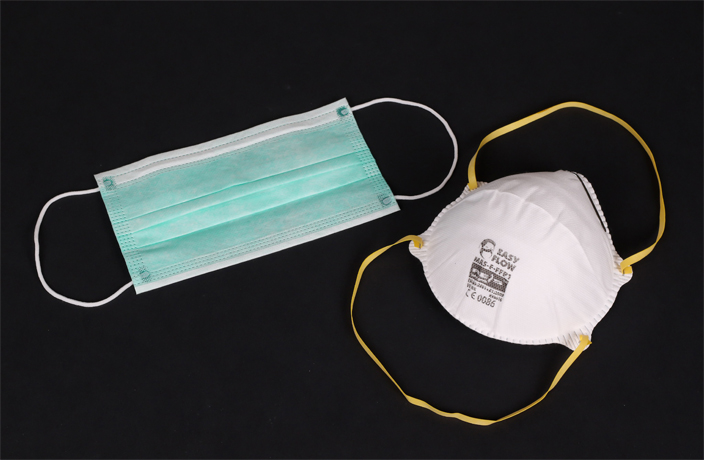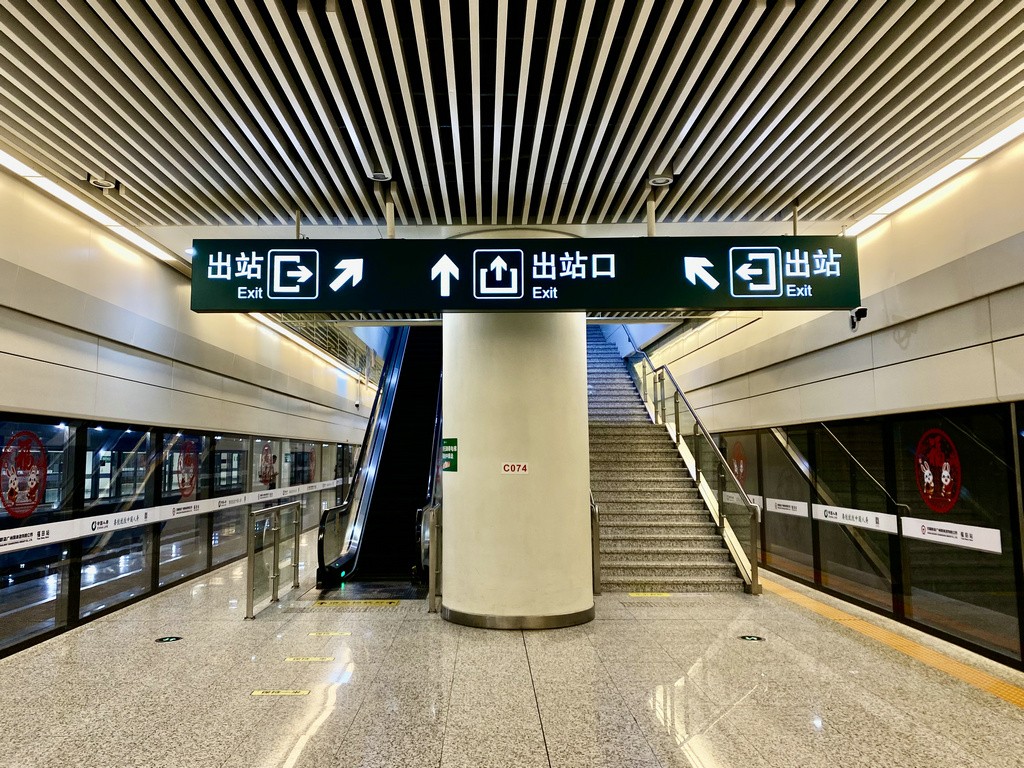From Wednesday, March 1, facemasks will no longer be mandatory in the Hong Kong Special Administrative Region (HKSAR) as the city ditches its sole remaining COVID-19 restriction.
The announcement was made by Chief Executive John Lee at an Executive Council news briefing on Monday. He quoted the move as another step toward “returning to normalcy.”
Facemasks will no longer be mandatory in most indoor and outdoor venues as well as on public transport.
On Sunday, February 26, the Macao Special Administrative Government also announced that people in the city would no longer be required to wear masks outside from Monday.
However, masks still need to be worn in Macao by patients, staff and visitors in medical institutions, visitors of elderly people in rehabilitation centers or care homes and drivers and passengers on public transport (except taxis).
Macao’s Novel Coronavirus Response and Coordination Center said that mask-wearing requirements could be adjusted in the future according to “the actual development of the COVID-19 situation.”
The mask mandate was enacted in Hong Kong on July 15, 2020, following an outbreak of COVID-19 in the city, although most people were already voluntarily wearing face coverings.
Hong Kong was one of the world’s last remaining cities to still impose a mask mandate and several other countries and regions in Asia, including Japan and South Korea, have already abandoned similar measures.
The move leaves the Chinese mainland as one of the few places on earth still requiring people to wear a mask when taking public transport.
Will the Chinese mainland follow suit and ditch the mask mandate? There are signs that they could.
China's Customs Declaration, which travelers heading to the country need to fill out with the result of their RAT 48 hours before arriving, only "suggests" that people traveling by plane wear a mask (this was previously mandatory).
Furthermore, six countries (Cambodia, Hungary, Malaysia, New Zealand, South Africa and Sri Lanka) will stop checking passengers' negative COVID-19 test results before boarding flights to China.
However, anyone traveling to the country still needs to fill out the aforementioned customs declaration, which requires a negative RAT.
[Cover image via Wikimedia]





















0 User Comments